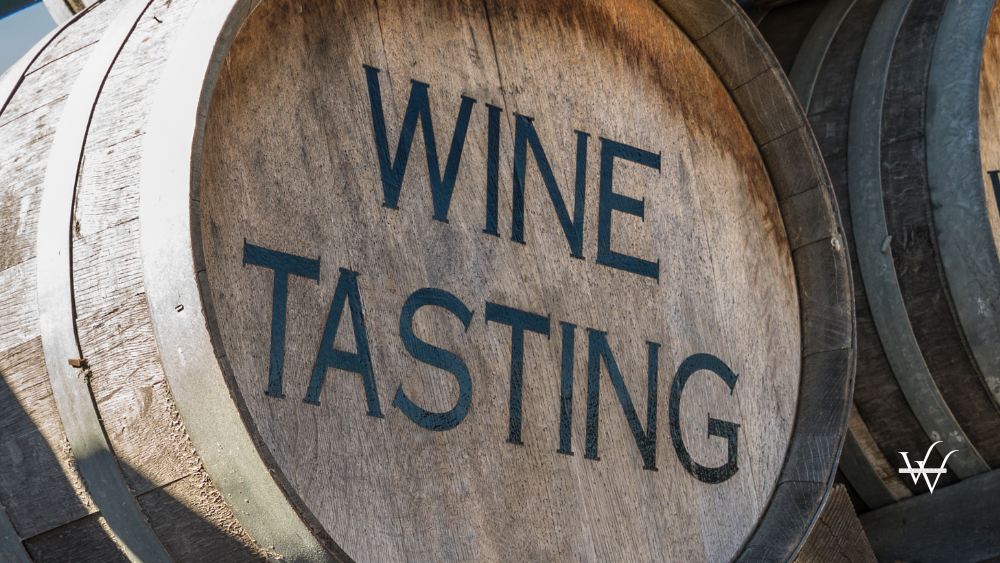From meticulous winemakers to discerning sommeliers and esteemed wine critics, these individuals play pivotal roles in shaping the industry's narrative and standards.
Central to their craft is the nuanced process of wine tasting—a practice that, surprisingly, poses unique challenges regarding alcohol exposure.
Pioneering Research in France
Recent groundbreaking research conducted jointly by the Institut Coopératif du Vin (ICV) and the Union des OEnologues de France (UOEF) has delved into strategies aimed at minimizing alcohol absorption during wine tasting sessions. This pioneering study not only addresses the immediate health concerns of professionals but also resonates deeply within the context of responsible wine appreciation and consumption.
The study unfolded in two meticulously designed phases. Initially, researchers explored the impact of varying wine volumes and tasting techniques on participants' blood alcohol content (BAC). Oenologists, representing a diverse cross-section of the industry, engaged in controlled tasting sessions where their consumption and subsequent BAC levels were closely monitored. Surprisingly, through careful control of tasting techniques and volume intake, some participants successfully maintained a zero BAC, demonstrating the feasibility of tasting wine without significant alcohol absorption.
Building on these findings, the second phase of the study validated specific tasting practices that could reliably achieve zero BAC outcomes. Participants underwent training in precise techniques, such as limiting the wine volume in their mouths and minimizing contact with the more absorbent areas. The results were resounding: all participants maintained zero BAC levels throughout their tasting sessions, affirming the efficacy of these refined approaches.
Beyond Health: Upholding Craft and Integrity
Beyond the immediate benefits to health and safety, this research underscores a deeper truth about wine appreciation—it's as much about discernment and understanding as it is about sensory pleasure. By equipping professionals with scientifically validated strategies to minimize alcohol absorption, the industry not only protects its workforce but also preserves the integrity of the tasting process itself.
Moreover, this study reflects a broader industry trend towards sustainability and conscientious practices. Wine, a product deeply rooted in nature, deserves to be enjoyed responsibly by both creators and consumers alike. The shift towards alcohol-free tasting techniques aligns with these values, ensuring that professionals can evaluate wines with precision and dedication, free from the influences of alcohol.
Practical Insights from the Study
Empirical data from the study provides concrete examples of effective techniques. Participants who limited wine volumes to between 8 to 12 ml in their mouths and avoided extended contact with absorbent areas exhibited significantly lower BAC levels. For instance, a participant named "Álex" transformed his approach after training, adjusting to these new techniques. Previously, Álex would allow wine to fill his mouth generously, believing it enhanced his sensory experience. However, this inadvertently led to higher alcohol absorption. Upon adopting the refined techniques, Álex restricted the volume in his mouth and minimized contact with absorbent areas, enabling him to evaluate wines effectively without elevating his BAC levels.
Conclusion: Embracing Responsible Practices
In essence, the study on alcohol-free tasting techniques represents a milestone in the evolution of wine culture. It not only enriches the scientific understanding of wine tasting but also empowers professionals to uphold the highest standards of their craft. As the industry navigates challenges and embraces innovations, the commitment to health, sustainability, and quality remains steadfast. By championing mindful tasting practices, the wine community ensures a vibrant future where every sip is appreciated responsibly, honoring both tradition and innovation alike.
Source: Vinetur

